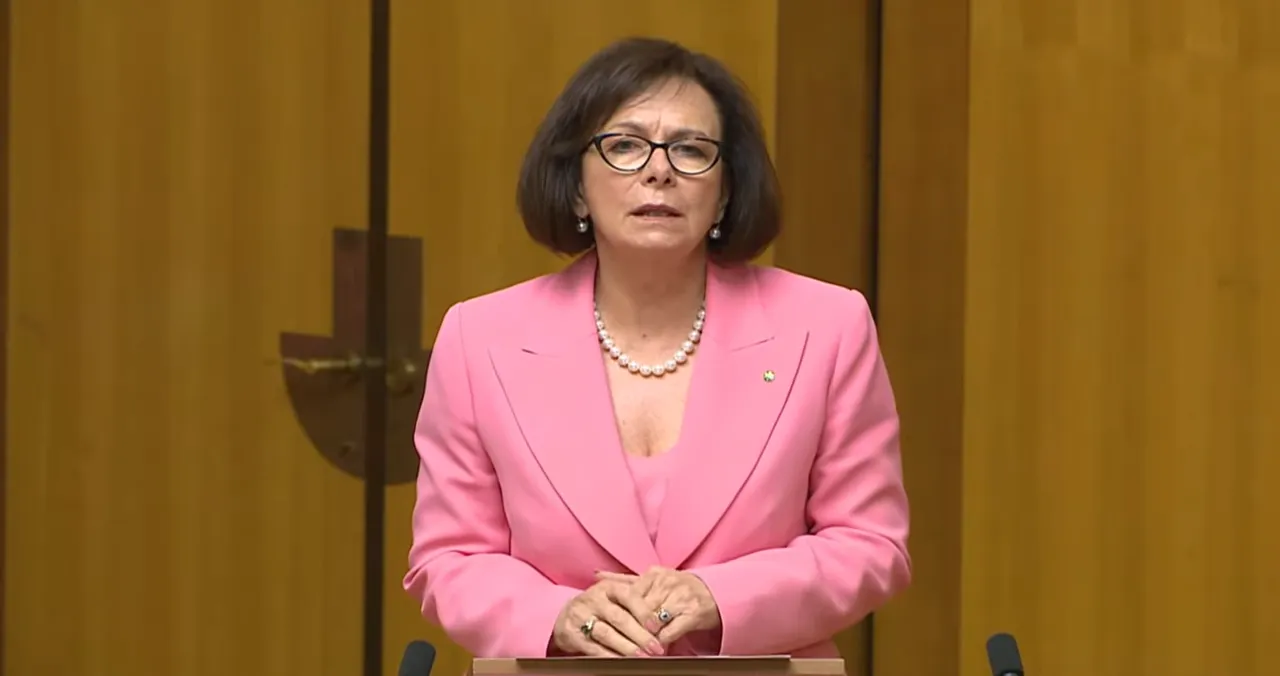Local government is in peril.

Dr WEBSTER (Mallee) (17:47): This evening I rise to speak about the Albanese government's failings within my portfolios, which have been further illuminated through the Senate estimates process. As the shadow minister for local government, I've met with local government representative bodies and councils from many parts of the country. Councils appreciate having a listening ear and a heart on this side of the House, to understand their issues, find solutions and advocate for them. Councils do not feel heard by the Albanese government and struggle to see a minister, let alone get a meeting with a staff member.
Local government is in peril. Smaller rural and remote councils face financial sustainability challenges that can seem insurmountable. They suffer considerable cost-shifting from the federal and state governments, resulting in ever-increasing responsibilities for programs and services that are not funded. This occurs in the context of limited sources of revenue, ageing infrastructure portfolios and many thousands of kilometres of roads. Councils are burdened by regulation and have limited access to untied, uncontested funds under this Labor government—and, for funds that are available, they require considerable co-contributions.
When the coalition asked the department how many councils were operating in deficit in the most recent financial year and how many were under administration, they responded that they don't have that information on hand, that they don't have that data, and that they would need to take it on notice. They admitted they have worked with state and territory governments on this sort of data in the past. Why, then, are they not doing it now? It is a question for the minister.
This sort of data is critical to understanding the differential financial challenges faced by local government. The Labor government's failure to extend funding of the Local Roads and Community Infrastructure Program, the LRCI program, a program overwhelmingly supported by local governments, further illustrates their failure to prioritise the needs of local government. Funding for this program ceases at the end of June 2026. Questioning in Senate estimates yesterday made it clear that the minister has not sought nor been provided with any advice by the department on an extension of the LRCI program.
A division having been called in the House of Representatives—
Sitting suspended from 17:50 to 18:02
Dr WEBSTER: Small rural and remote councils in electorates like Mallee and, indeed, other regional areas are desperate for untied, uncontested funds that don't require them to make huge co-contributions so that they can stay afloat and deliver the basic community infrastructure and road maintenance and upgrades that are sorely needed.
In regional communications, another part of the portfolio, it is tragic that it takes fatalities, like in the recent Optus triple 0 outages, to elevate an issue that many people in the regions face every day: inconsistent and unreliable mobile phone service—that's if there is any coverage at all—and the inability to contact emergency services when required. Regional Australians are still reeling from a botched 3G shutdown, which also sits squarely on Labor's shoulders after they failed to plan the shutdown appropriately with telcos. Minister for Communications Anika Wells is clearly out of her depth, with the Albanese Labor government's woefully inadequate response to regional telecommunications issues released in mid-September under the cover of 2035 emissions reductions targets.
Regional Australians have been insulted and disconnected by the overdue government response to the Regional Telecommunications Independent Review Committee report and the short consultation timeframe on its universal outdoor mobile obligation, UOMO, proposal. Minister Wells committed no new funding to improving regional connectivity in her response to the RTIRC report and kicked the UOMO can down the road till 2028. Regional Australians have been left with no clear signal on whether Labor will fix regional connectivity at all in this term of office.
Proposed expenditure agreed to.



